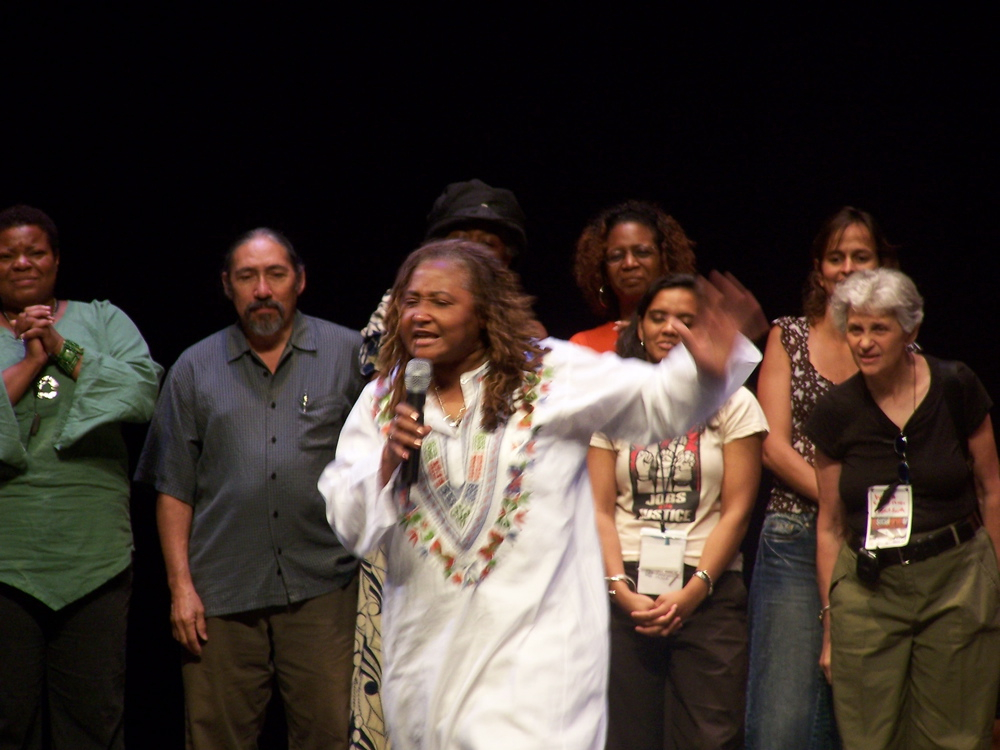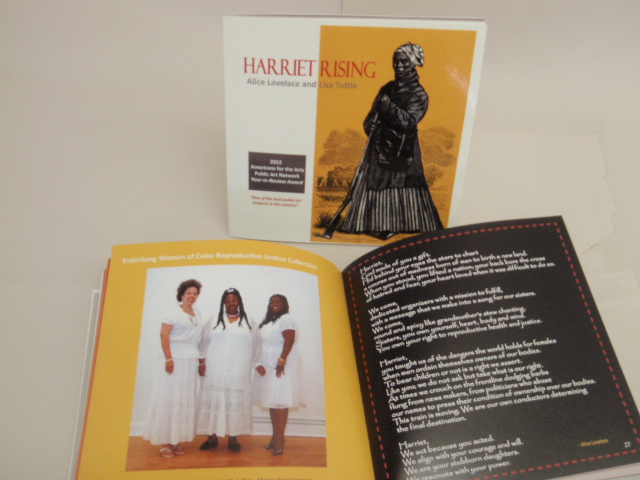Richard Jeffrey Newman is the author of The Silence of Men and has translated from the Persian, The Teller of Tales: Stories from Ferdowsi’s Shahnameh. His poetry and essays have been published in Diode, the Good Men Project, Voice Male, 66: The Journal of Sonnet Studies, Ozone Park, and Newtown Literary. He blogs about the impact of feminism on his life as a man and the relevance of classical Iranian poetry to our contemporary lives. In June 2012, Newman took over as curator of First Tuesdays: A Neighborhood Reading Series.
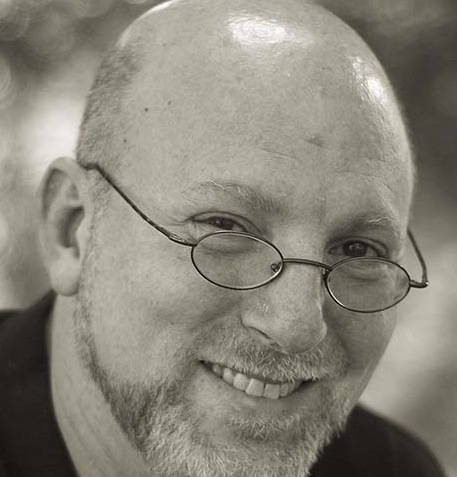
My favorite part of hosting First Tuesdays, the neighborhood reading series I run in Elmhurst, Queens, is building the “cento,” which has become a tradition for me to close with at each month’s open mic. A cento is a poem made from the lines of other author’s poems, and represents a collaboration between the poet composing the cento and the poets from whose work he or she borrows from. At First Tuesdays, this collaboration happens in real time. While the first open mic reader shares his or her work, prose or poetry, I listen for language that moves me. When the reader is finished, I recite that line back to the audience, and then I take (or sometimes the audience suggests) a line or phrase from each subsequent reader. In this way, line by line, we build a poem that represents the literature shared that evening.
Part of the fun is that I don’t write anything down until the entire cento is finished, making the poem a true collaboration. Indeed, the audience often helps me remember the lines, especially when the list of open mic readers is long. This communal participation, the fact that the people who come to First Tuesdays see themselves as a community, is what I cherish most. We are a diverse group, including writers at all levels of accomplishment and from many walks of life, and I am inspired by how warm and welcoming everyone is. Almost every month, we become the first audience for someone who has never read their work publicly before; and there are always people who come just to listen. Some of them have become regulars, as well.
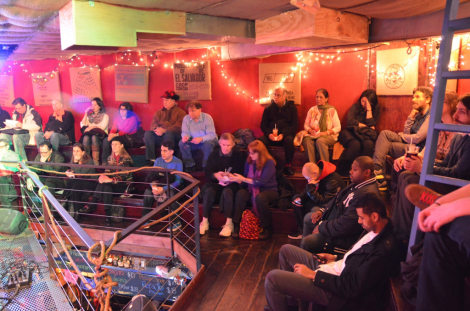
I took over hosting First Tuesdays for the 2012–2013 season, though circumstances made it impossible for me to apply for Poets & Writers funding. Starting from the fall of 2013, I have applied for every reading, and the money I’ve received has made it possible not only to pay our featured readers a respectable honorarium, but also to demonstrate that our small, neighborhood venue—and the work that it does as a small, neighborhood venue—matters. The smiles and head nods I see when I announce that Poets & Writers has sponsored a reading tells me people are happy, and even proud, about that.
Here is September’s cento, the first of the 2014–2015 season, composed of lines by Allison, Keron Dinkins, Herb Rubinstein, Valerie Keane, David Mills, Amanda, Lydia Chang, Norman Stock, Marty Levine, Norka Del Rios, Sean Egan, and Peter Marra:
Everyone Downstairs Can See Directly Up My Skirt
A blind man suggests an offering:
A family of skeletons released,
Seeking a way out of the suction of Eros,
Blazing the way you are
when you finally return
To be grossed out by little peckers.
Perhaps they will wonder why I have so little hair
Waiting for the lion
to return.
Be nice to your mother
In the presence of the holy one blessed be
he.
That melody of love was interrupted.
I whisper secrets to her pillow to see what it says.
She always
carried a contempt for daylight.
I cried for a while and then the
humor of it struck me.
–Composed at Terraza Cafe, September 2, 2014
Photo: Richad Jeffrey Newman. Photo Credit: Beech Tree Images.
Photo: Terraza Cafe. Photo Credit: Richard Jeffrey Newman.
Support for Readings & Workshops in New York City is provided, in part, by funds from the New York State Council on the Arts,and the New York City Department of Cultural Affairs, with additional support from the Louis & Anne Abrons Foundation, the Axe-Houghton Foundation, the A.K. Starr Charitable Trust, and the Friends of Poets & Writers.
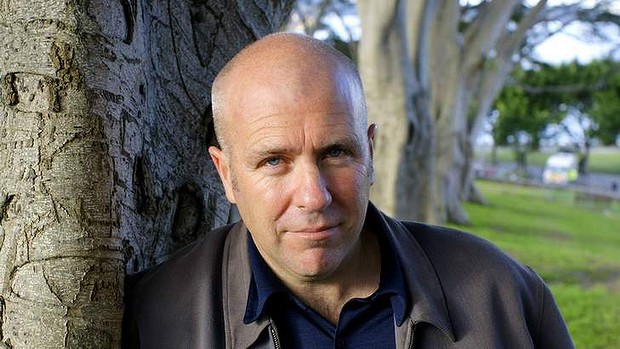 For the first time in its forty-six-year history, Britian’s most prestigious literary prize was expanded this year to include writers of any nationality. The decision has been controversial, with the Man Booker Prize Foundation consistently taking heat from the British literary community. The award was previously limited to authors from the U.K. and the British Commonwealth, the Republic of Ireland, and Zimbabwe.
For the first time in its forty-six-year history, Britian’s most prestigious literary prize was expanded this year to include writers of any nationality. The decision has been controversial, with the Man Booker Prize Foundation consistently taking heat from the British literary community. The award was previously limited to authors from the U.K. and the British Commonwealth, the Republic of Ireland, and Zimbabwe.






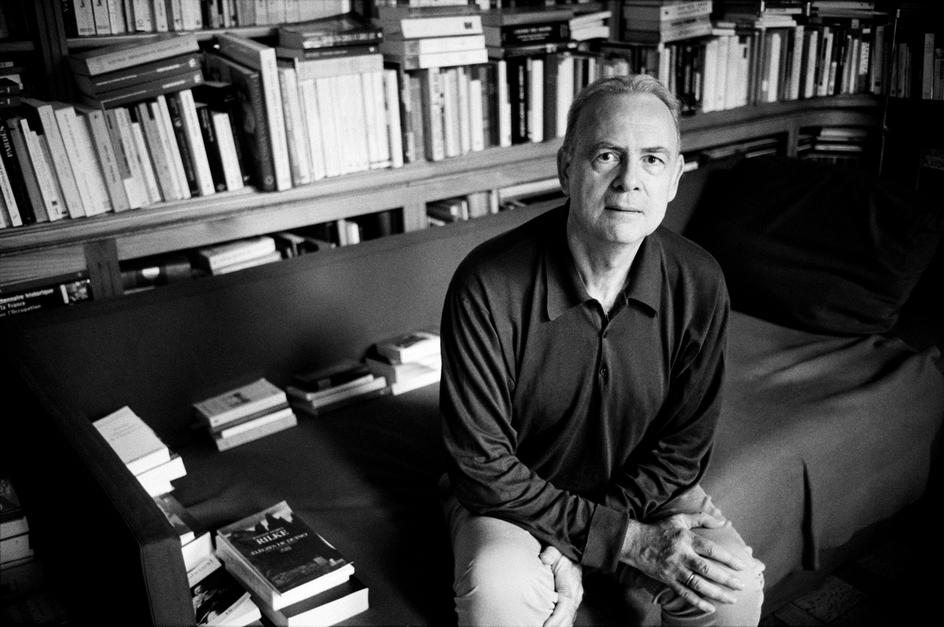 Modiano was born in a west Paris suburb in July 1945, two months after the end of the second world war. His parents—a Jewish Italian father and Belgian mother—met during the Nazi occupation of Paris. Jewish identity, the Holocaust, and loss of memory, identity, and time are recurring themes in Modiano's work. He published his debut novel, La Place de l'Etoile, in 1968; though few of his books have been translated into English, he has since gained both critical and popular acclaim throughout France. One of his most well known novels is Missing Person (Jonathan Cape, 1980), which was awarded France's Prix Goncourt in 1978. His most recent book is Pour que tu ne te perdes pas dans le quartier.
Modiano was born in a west Paris suburb in July 1945, two months after the end of the second world war. His parents—a Jewish Italian father and Belgian mother—met during the Nazi occupation of Paris. Jewish identity, the Holocaust, and loss of memory, identity, and time are recurring themes in Modiano's work. He published his debut novel, La Place de l'Etoile, in 1968; though few of his books have been translated into English, he has since gained both critical and popular acclaim throughout France. One of his most well known novels is Missing Person (Jonathan Cape, 1980), which was awarded France's Prix Goncourt in 1978. His most recent book is Pour que tu ne te perdes pas dans le quartier.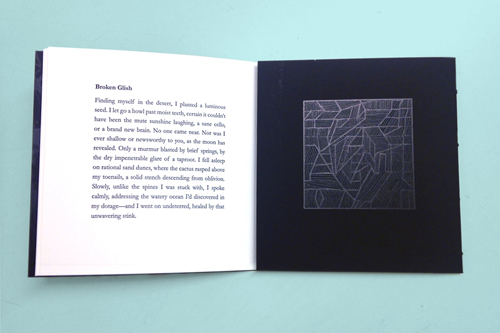
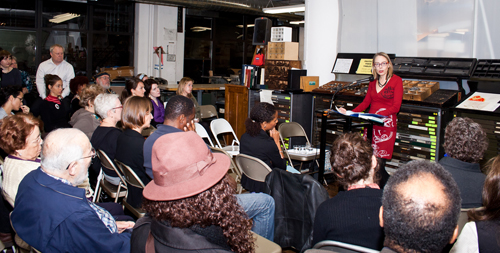
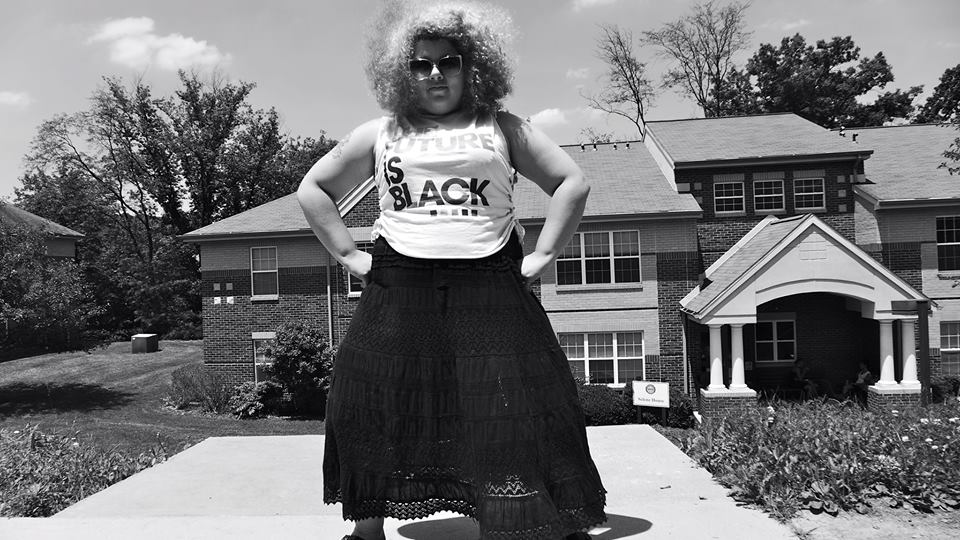 “Being granted with this opportunity to take root in a city so rich with history, creativity and tenacity is truly an honor,” Rocheteau wrote on the
“Being granted with this opportunity to take root in a city so rich with history, creativity and tenacity is truly an honor,” Rocheteau wrote on the 
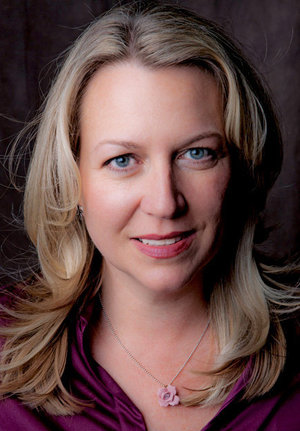 Using the
Using the 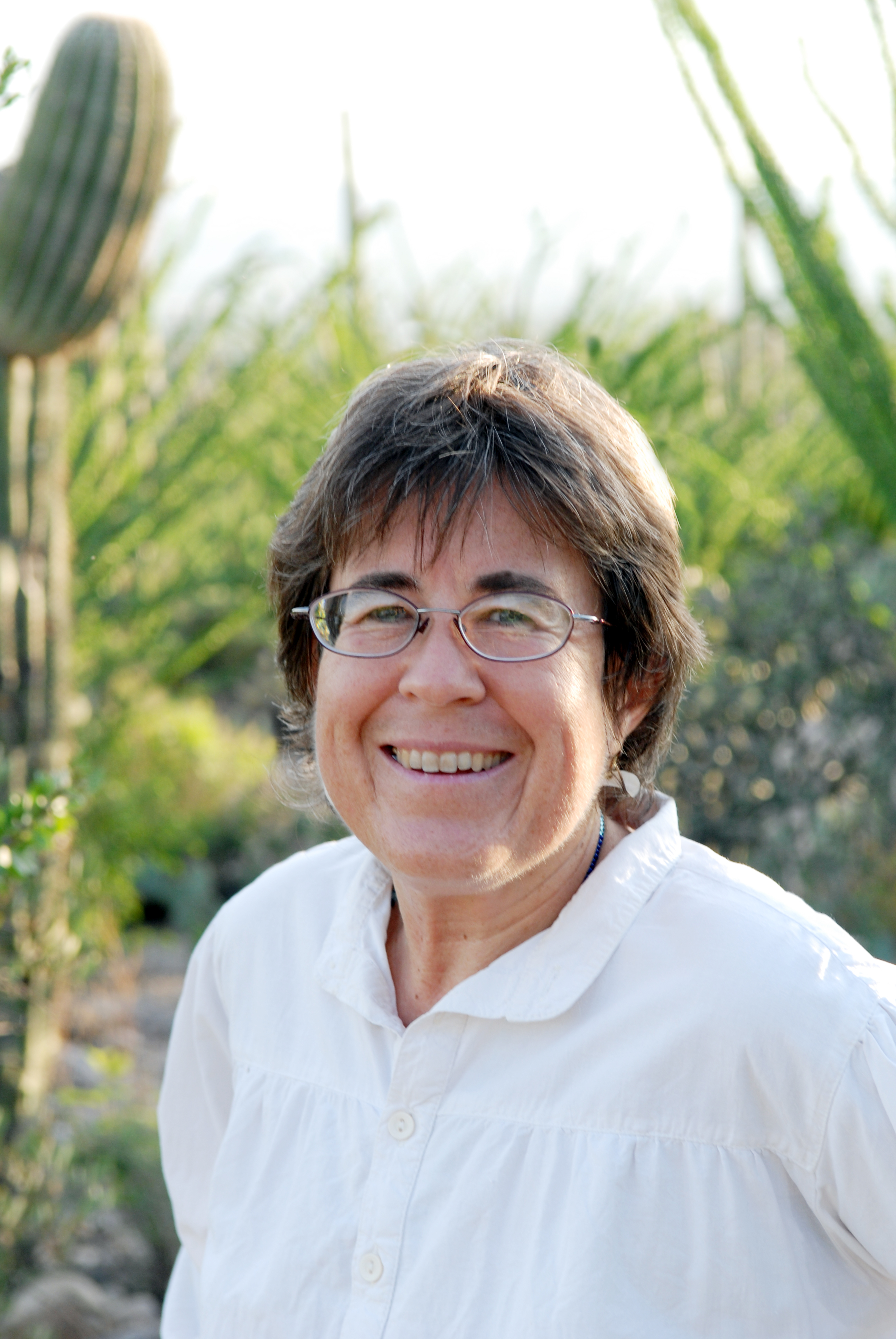 What techniques do you employ to help shy writers open up?
What techniques do you employ to help shy writers open up? Robinson, who won the Pulitzer Prize for her 2004 novel Gilead, has twice been a finalist for the National Book Award, for her novels Home (2008) and Housekeeping (1980). Antopol was named one of the National Book Foundation's
Robinson, who won the Pulitzer Prize for her 2004 novel Gilead, has twice been a finalist for the National Book Award, for her novels Home (2008) and Housekeeping (1980). Antopol was named one of the National Book Foundation's 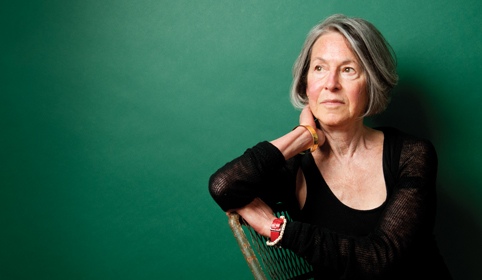 The seven other books competing for the $10,000 prize include Collected Poems (Knopf) by Mark Strand, Roget’s Illusion (G.P. Putnam’s Sons) by Linda Bierds, A Several World (Nightboat) by Brian Blanchfield, Second Childhood (Graywolf) by Fanny Howe, This Blue (FSG) by Maureen N. McLane, The Feel Trio (Letter Machine Editions) by Fred Moten, Citizen: An American Lyric (Graywolf) by Claudia Rankine, and The Road to Emmaus (FSG) by Spencer Reece. Both Glück and Strand have served as poet laureate of the United States and have won Pulitzer Prizes. Earlier this year, Rankine recieved the $50,000
The seven other books competing for the $10,000 prize include Collected Poems (Knopf) by Mark Strand, Roget’s Illusion (G.P. Putnam’s Sons) by Linda Bierds, A Several World (Nightboat) by Brian Blanchfield, Second Childhood (Graywolf) by Fanny Howe, This Blue (FSG) by Maureen N. McLane, The Feel Trio (Letter Machine Editions) by Fred Moten, Citizen: An American Lyric (Graywolf) by Claudia Rankine, and The Road to Emmaus (FSG) by Spencer Reece. Both Glück and Strand have served as poet laureate of the United States and have won Pulitzer Prizes. Earlier this year, Rankine recieved the $50,000  Five shortlisted finalists will be announced on October 15. The
Five shortlisted finalists will be announced on October 15. The 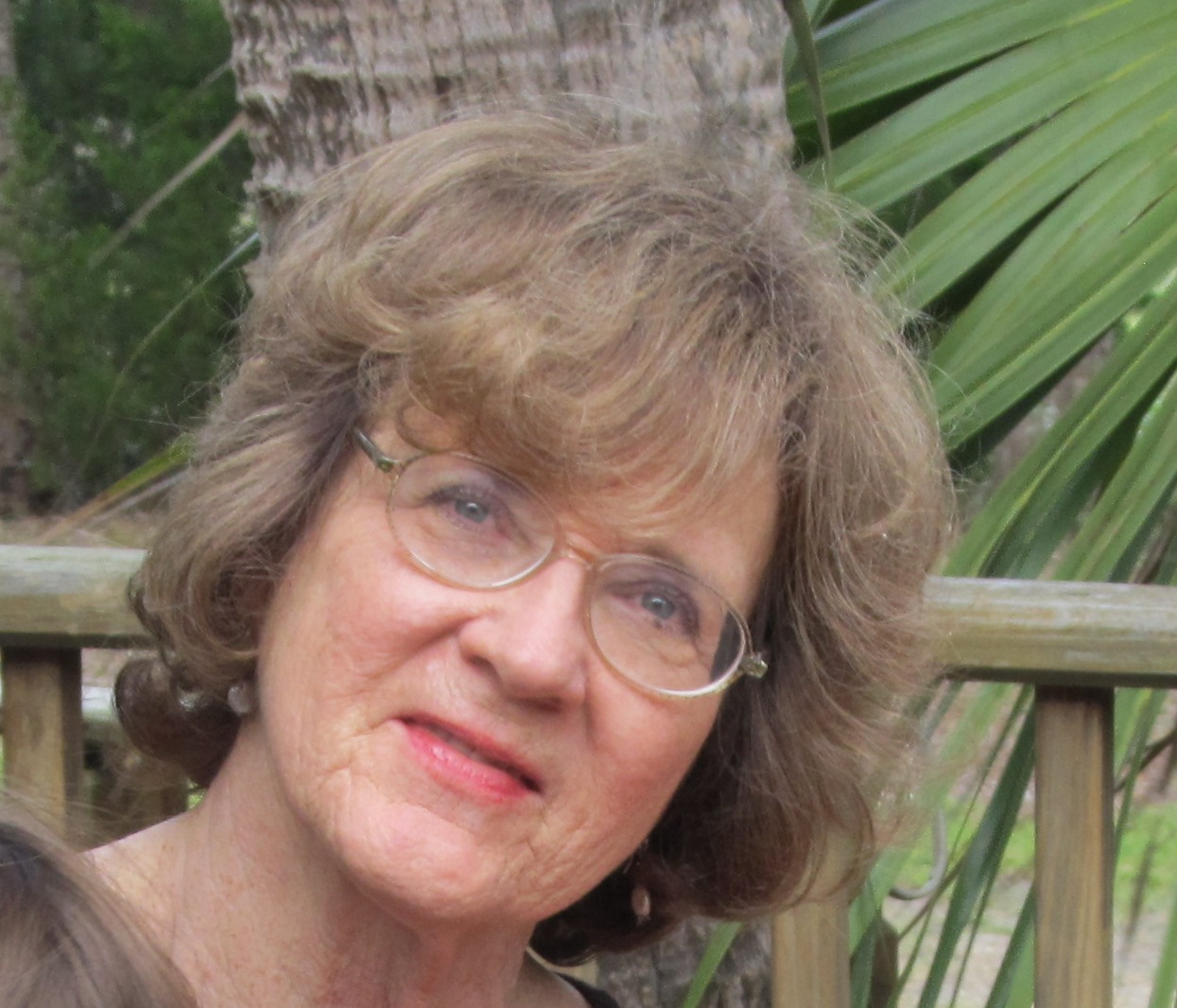 On the other end of the phone, a willing librarian listened: Would a library in north-central New York State be interested in a former Lost Boy of Sudan and his coauthor reading and discussing their recent book about his experience fleeing death in a religious/ethnic war, and his subsequent life adapting to Atlanta and now living on two continents?
On the other end of the phone, a willing librarian listened: Would a library in north-central New York State be interested in a former Lost Boy of Sudan and his coauthor reading and discussing their recent book about his experience fleeing death in a religious/ethnic war, and his subsequent life adapting to Atlanta and now living on two continents?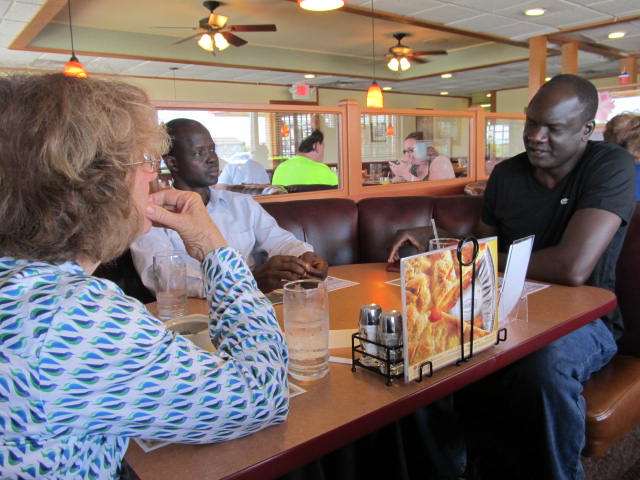
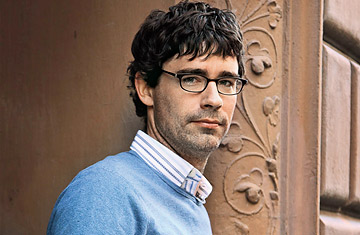
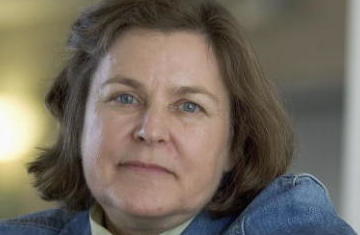
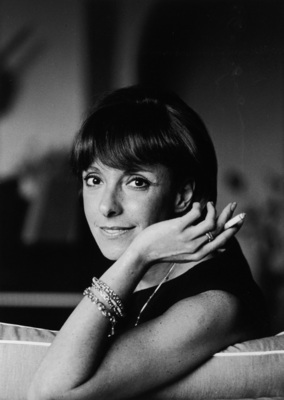 The
The 